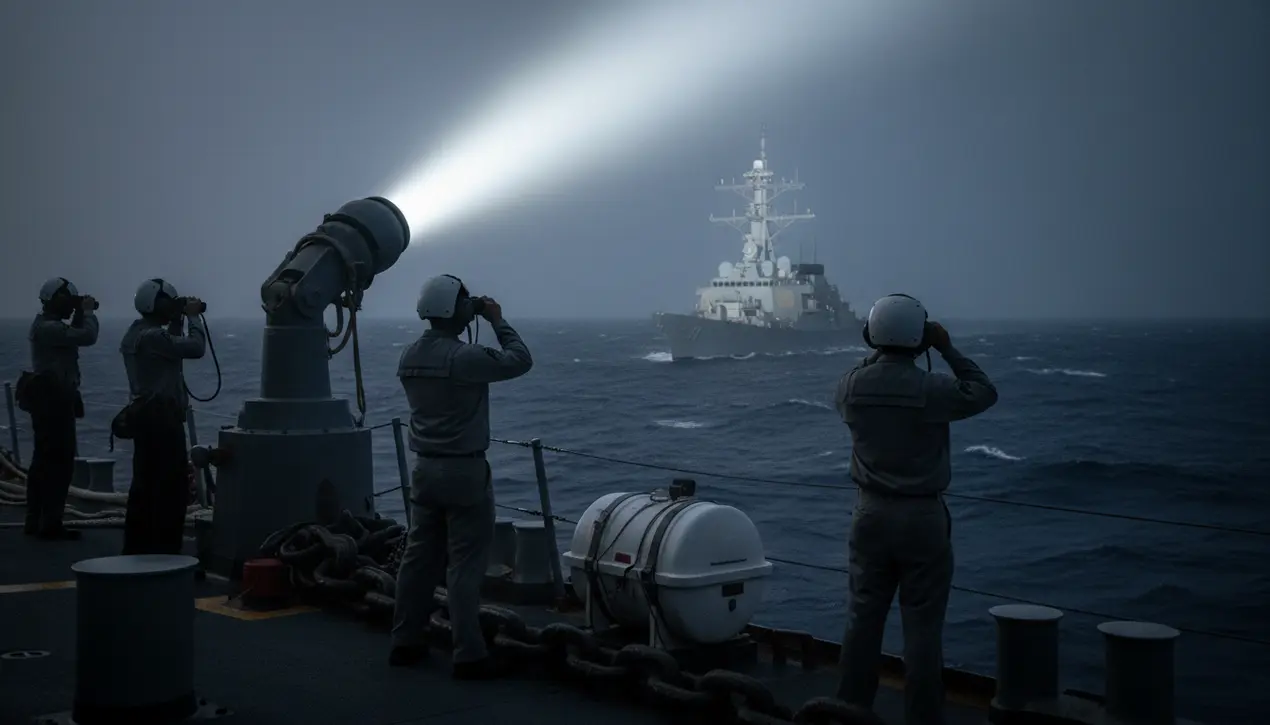
Politicsconflict & defenseTerrorism and Counterterrorism
US labels Venezuelan Cartel de los Soles a terrorist organization.
OL
Oliver Scott
1 day ago7 min read2 comments
The United States government has formally designated Venezuela's Cártel de los Soles as a Foreign Terrorist Organization, a move that significantly escalates geopolitical tensions and fundamentally alters the landscape of international narcotics enforcement. This cartel, whose name translates to 'Cartel of the Suns,' is not a typical drug trafficking syndicate; it is an intricate network deeply embedded within the highest echelons of the Venezuelan state, primarily composed of high-ranking military and government officials who utilize the nation's official institutions to facilitate and protect massive cocaine shipments to global markets.The FTO designation, announced on Monday, places the group in the same category as entities like Al-Qaeda and ISIS, triggering a severe suite of economic sanctions, travel bans, and criminal penalties for anyone providing material support. This decision did not occur in a vacuum; it coincides with a noticeable U.S. military build-up off the Venezuelan coast, a deployment that analysts interpret as a clear signal of Washington's readiness to enforce its policy through military posturing, thereby creating a dual-pronged strategy of economic strangulation and overt shows of force.The historical context is critical here: the Cartel de los Soles has been operational for decades, with its influence peaking under the late President Hugo Chávez and continuing unabated through Nicolás Maduro's regime, effectively transforming Venezuela into a narco-state where the lines between governance and criminal enterprise have been irrevocably blurred. The immediate consequences are stark; this action freezes any U.S. -based assets of the cartel and prohibits Americans from engaging in any transactions with its members, but the broader implications are far more profound.It effectively paints the entire Maduro government with the brush of terrorism, complicating any future diplomatic negotiations and potentially providing a legal justification for more direct intervention under U. S.counter-terrorism statutes. From a risk-analysis perspective, this escalation dramatically narrows off-ramps for a peaceful resolution to the Venezuelan crisis, potentially forcing the Maduro regime into a corner where its survival depends even more heavily on its alliances with other state actors adversarial to the U.S. , such as Russia and Iran, thereby internationalizing the conflict.The scenario planning now must consider a range of outcomes, from increased internal repression within Venezuela as the regime seeks to consolidate power, to retaliatory actions that could target U. S.interests in the region, or even an accidental confrontation in the Caribbean stemming from the heightened military presence. This is not merely a policy shift; it is a calculated geopolitical gambit that raises the stakes in Washington's long-standing campaign to oust Maduro, acknowledging that traditional sanctions have failed and moving to a more confrontational, high-risk posture that treats the Venezuelan state apparatus not just as a corrupt government, but as a terrorist organization itself.
#featured
#Cartel de los Soles
#Foreign Terrorist Organization
#Venezuela
#US military
#sanctions
#terrorism
#drug trafficking
Stay Informed. Act Smarter.
Get weekly highlights, major headlines, and expert insights — then put your knowledge to work in our live prediction markets.
Comments
Loading comments...
© 2025 Outpoll Service LTD. All rights reserved.